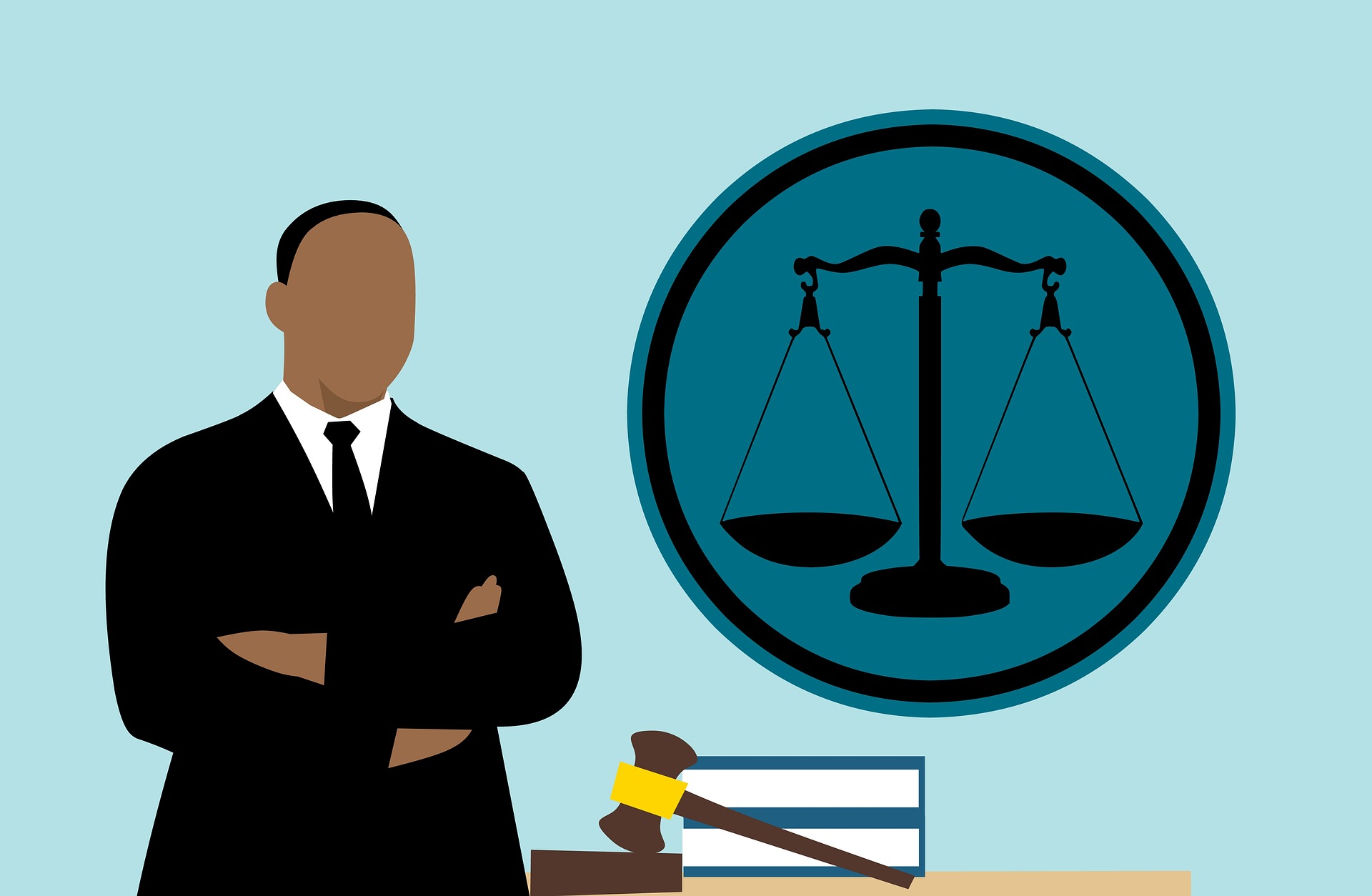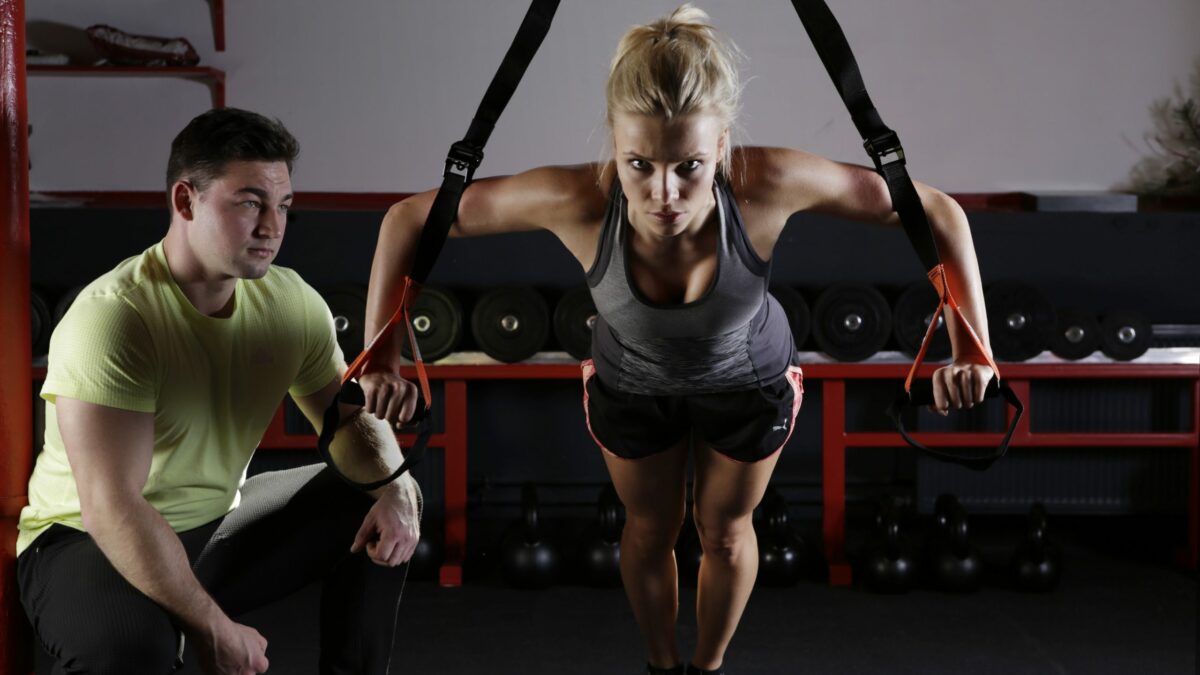
What Can An Employer Do If Someone Is Drunk At Work?
November 7, 2022
3 Things Every Criminal Defense Lawyer Needs to Know
November 7, 2022When you sign up for your gym membership, you have an expectation that you’ll be able to work out safely and improve your health. However, sometimes things can go wrong – and if you suffer from a back injury due to your time at the gym, who is responsible?
Understanding who may be at fault is an important step in deciding whether you may be entitled to compensation for the pain and expenses that you’ve incurred. While we always recommend seeking professional legal advice, this article will help you to consider if your gym instructor is responsible for your bad back.
So, what can you do if you think your gym instructor is responsible for your bad back?
First, it’s essential to understand that there are many different types of back injuries, and not all of them are caused by your visits to the gym. Back injuries can, for example, be caused by lifting heavy objects at work or due to long-term posture issues. However, if you have suffered a hurt back at the gym, you may be able to seek compensation from the gym or your instructor.
To do this, you will need to prove that the gym or instructor was negligent in some way. For example, if they didn’t provide proper instruction on how to use the equipment or if they failed to maintain the equipment properly, they may be held liable for your injuries.
We talk more about seeking compensation later in this article.
Types of Back Injury
There are many different types of back injuries, but some of the most common ones include the following:
Sprains and strains: These are the most common type of back injury, and they can be caused by lifting heavy weights, sudden movements, or incorrect posture.
Herniated discs: This type of injury occurs when the gel-like center of a disc ruptures through its outer casing. Herniated discs can be extremely painful, and they can often require surgery to repair.
Fractured vertebrae: This type of injury is usually caused by a fall or a blow to the back. Fractured vertebrae can lead to severe pain, paralysis, and even death.
Treatment for Back Injuries
If you have injured your back at the gym, it’s essential to seek medical help as soon as possible. Depending on the severity of your injury, you may need to see a doctor, a chiropractor, or a physiotherapist.
If your injury is minor, you can treat it at home with over-the-counter pain medications and ice packs. However, if your pain worsens or you have new symptoms, it’s important to see a doctor immediately.
Seeking Compensation for a Gym Injury
If you have been injured at the gym, you may be able to seek compensation from the gym or your instructor. That’s because the gym operator has what is called a duty of care towards those who use the facilities. This means that they are responsible for ensuring that the gym is safe for its users.
To seek compensation, you will need to prove that the gym or instructor was negligent in some way. This might include not providing proper instruction on how to use the equipment and failing to maintain the equipment properly.
What is Needed to Make a Compensation Claim against a Gym?
If you’re making a personal injury claim, you must show that you have suffered pain, suffering, or loss. Then three requirements need to be met:
- An accident happened while you were at the gym; and
- It was caused by the negligence of the owners or operators; and
- You were injured during the incident.
What Could I Claim Compensation For?
The amount of compensation you could receive will depend on the severity of your injuries. For example, if you have suffered a minor injury, such as a sprain, you may only be able to claim for your pain and suffering. However, if you have suffered a more serious injury, such as a herniated disc, you may be able to claim for the following:
Medical expenses: This could include the cost of surgery, physiotherapy, and any other medical treatment you have received.
- Lost earnings: If you have been unable to work because of your injuries, you can claim for lost earnings.
- Future earnings: If your injuries have resulted in a long-term disability, you may be able to claim for future lost earnings.
- Pain and suffering: This is also known as general damages, and it is intended to compensate you for the physical and emotional pain and suffering you have experienced.
- Loss of amenities: If your injuries have prevented you from enjoying your life in the same way as before, you may be able to claim for this loss.
- Special damages: This could include the cost of repairing or replacing any damaged property, such as a damaged car.
- Punitive damages: In some cases, the court may award punitive damages if it finds that the defendant’s actions were particularly reckless or negligent.
Can I Make the Claim Myself?
You can make a personal injury claim yourself, but it is usually best to seek the help of a solicitor. This is because personal injury claims can be complex, and you will need to gather evidence to support your claim. A solicitor can help you do this and negotiate with the other side on your behalf.
Many solicitors will take on the case on a contingency basis, which means they will only charge you if they win the case and you receive compensation. You will not have to pay the solicitor’s fees if you do not receive any compensation, and this is often known as a ‘No win, No Fee’ agreement.
What Are the Time Limits for Making a Claim?
There are time limits in place for making personal injury claims. In most cases, you will need to make a claim within three years of the date of the accident. However, there are some exceptions to this rule, so it’s important to seek legal advice as soon as possible after the accident.





